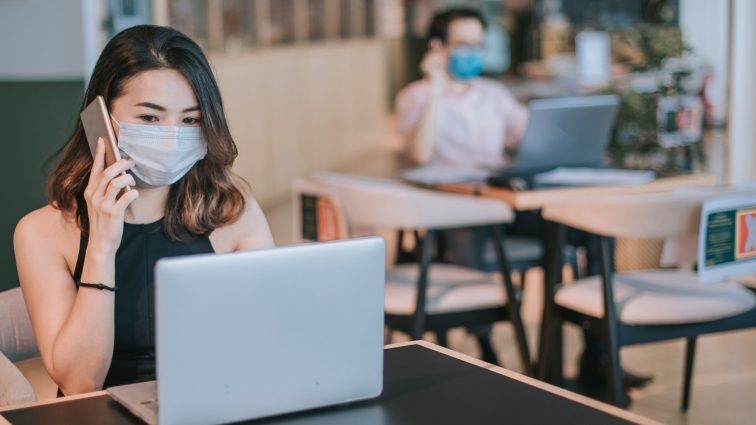
Image credit: Accountants Today
KOTA KINABALU: Sabah could consider measures geared towards treating Covid-19 as an endemic problem in the future so that people can carry on with their lives, suggests a political and economic analyst.
Singapore Institute of International Affairs senior fellow Dr Oh Ei Sun said taking a cue from Singapore’s recovery plan, the neighbouring country has faced the fact that while Covid-19 may never go away, it was possible to live normally with the virus in its midst.
In his "Highlights of Singapore Recovery Plan and some lessons for Sabah" presentation during a webinar on Thursday (Aug 19), Oh said Singapore has a broad plan to turn the Covid-19 epidemic into something less threatening, similar to chickenpox or the hand, foot and mouth disease.
“This has not happened yet, of course, but a new normal is where Covid-19 is endemic, where infected people can recover at home and large gatherings as well as travel can resume.
“With vaccination, Covid-19 symptoms are likely to be mild and have low risk of transmission to other vaccinated individuals.
“Singapore also plans to do away with massive contact tracing and quarantine when infections are discovered, and rely on self-testing and self-isolation instead,” said the Sabahan.
However, he admitted that the plan is not a "one-size-fits-all" solution, and that there are no "standard answers or foolproof solutions" to handling the Covid-19 pandemic.
“Also, just when Singapore pledged that it would ease out of a ‘Covid-zero’ elimination stance towards a new normal that treats the virus as an endemic problem, the island nation suffered another cluster of infections, putting at bay the country’s strategy to re-open in phases backed by mass vaccination.
“Their Health Ministry said that while the new clusters will delay re-opening plans, the immunisation progress puts it in a strong position to re-open once the situation is contained,” he added.
Among the lessons that Sabah could learn is that the government’s role is important both as a socioeconomic fall-back and as a visionary pioneer, and there must be a shift of mentality - from combating the pandemic at all costs to managing pandemic severity, Oh stressed.
On a question when Malaysia was expected to return to normal pace, he said that it was something that can only be contemplated once the vaccination rate reached 80% of the target population.
“Unfortunately for Sabah, the state vaccination rate is much lower and not even hitting 50% yet, so unless we could ramp that up, Sabah would be looking at a much longer time frame,” he speculated.
Meanwhile in another presentation, Sabah Small and Medium Enterprises (SME) Association president Foo Ngee Kee said the new normal of online stores and e-commerce, which have already existed before Covid-19, is more relevant than ever since the pandemic started.
He noted that businesses should look at the change positively with benefits like consumers being able to purchase online at any time, more dynamic pricing, opportunity to sell at as many online portals as possible and social media promotions.
“Some businesses have chosen to scale down or close temporarily, but they can also undertake supplemental businesses to survive, and then rebuild post-vaccination.
“Who knows, your supplemental business may become your new business and take over the main business.
“After satisfying current demands within Sabah, then Malaysia, sellers can consider exporting further,” he suggested.
Korporasi Pembangunan Desa (KPD) general manager Jamilah Lee echoed Foo’s sentiments, saying that digitalisation may be the way forward for farmers too in selling their produce.
However, she noted that Internet connectivity was still an issue for some rural areas, especially, thus the government needed to assist in ensuring better Internet coverage.
Source: https://www.thestar.com.my/news/nation/2021/08/19/take-cue-from-s039pore-recovery-plan-treat-covid-19-as-endemic-says-analyst

